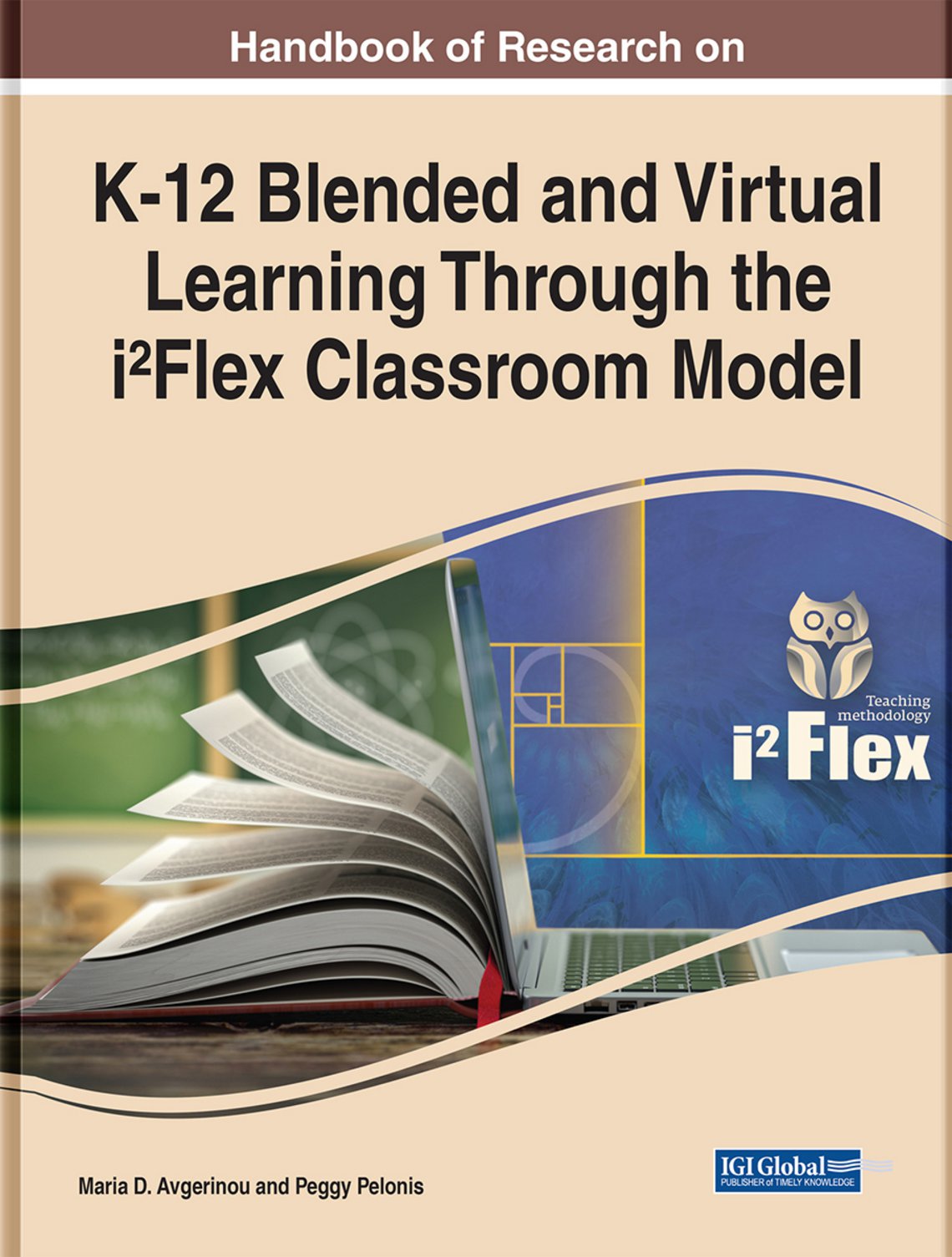The Handbook of Research on K-12 Blended and Virtual Learning Through the i²Flex Classroom Model serves as a reference book in libraries across the globe. With its impressive compilation of 35 chapters authored by 13 international scholars as well as 33 ACS Athens educators, the book presents (1) research and trends related to blended and virtual learning in the K12, as well as (2) research outcomes of online methodology as seen in its various ACS Athens applications where the Community of Inquiry Framework have been extensively and ingeniously used. In addition, the book also discusses and outlines the educational philosophy and associated leadership model that need to be in place for such school-wide, technology-based innovation to succeed. Finally, it showcases individual Action Research projects written by teachers who have implemented blended and virtual teaching in their classes. This part of the book titled "Voices from the ACS Athens Trenches” together with the “Stories of Innovation and Leadership in the K12" are perhaps the most significant ones of the publication as they contain not only the "what" and "so what," but also the "now what" of such implementation, while also capturing moments of the authoring educators as agents of change and reflective practitioners.
Teaching models that focus on blended and virtual learning have become more than important during the past year: they have become critical for the continuance of learning. The online classroom model, a variation of blended learning, allows non-interactive teaching activities to occur without teachers’ direct involvement, freeing up time for more meaningful teacher-student and student-student interactions.
There is evidence that this online model leads to increased student engagement and motivation as well as better exploitation of teachers' and classroom time, leading to the development of higher-order cognitive skills as well as study skills for students' future needs related to citizenship, college, and careers. Chapter themes revolve around such topics as blended teaching and learning in the subject areas, pre-service teacher education, the Community of Inquiry (CoI) framework, student leadership, visual literacy in the K12, STEAM, etc. Reflection on teachers’ professional experience during last spring's lockdown is also included where appropriate. Furthermore, a new section has been added, giving voice to all three schools' innovative work that does not fall under formal teaching though it supports the curriculum. This work is informed by ACS Athens' revised vision and extant research, and current trends in education worldwide. The topics span from mindfulness and growth mindset applications to coding with music, the Youth-to-Youth program, and the United Nations sustainable development goals.
While highlighting new methods for improving the classroom and learning experience in addition to preparing students for higher education and careers, this publication is an essential reference source for pre-service and in-service teachers, researchers, administrators, educational technology developers, and students interested in finding out how the online/blended model can be implemented in classrooms, and understanding the benefits of this learning model.
The Handbook has been edited by Drs. Avgerinou and Pelonis and published in March 2021.
Purchase the book



